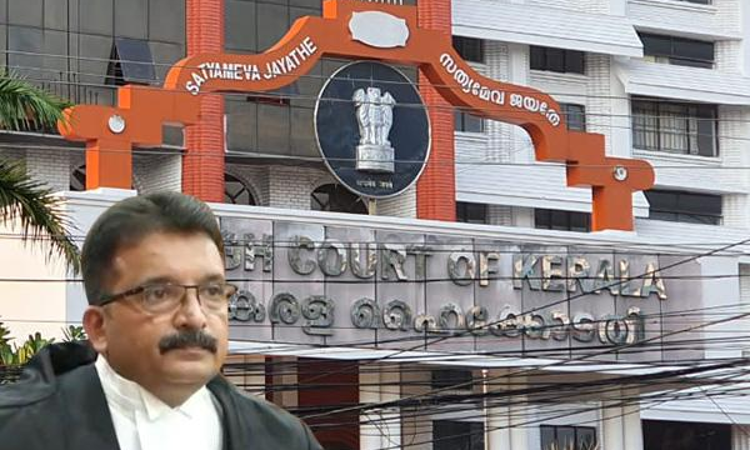Delay Fatal Only If Parties Attempt To Obtain Any Unfair Advantage : Kerala High Court
Hannah M Varghese
7 Feb 2022 1:01 PM IST

Next Story
7 Feb 2022 1:01 PM IST
The Kerala High Court recently ruled that a delay in filing an application only becomes fatal if by allowing such application, the applicant obtains an unfair benefit or if any prejudice will be caused to the opposite party in the case. Justice Kauser Edappagath while partly allowing a petition seeking to re-examine 7 witnesses and summon 9 additional witnesses observed that the delay in...
